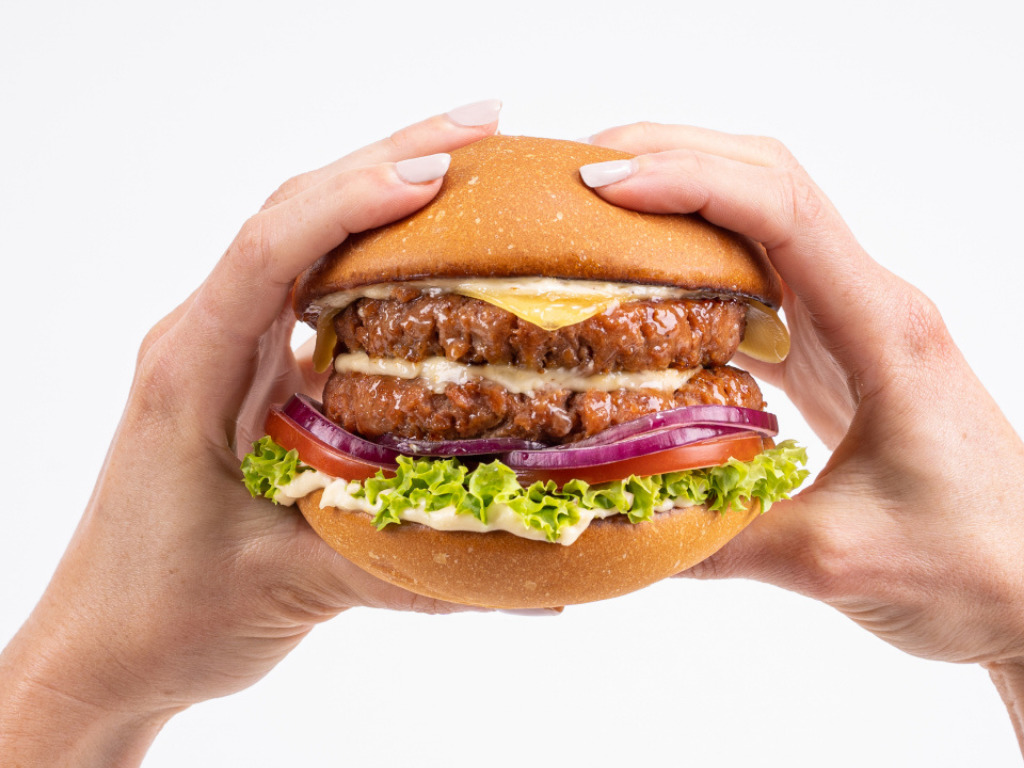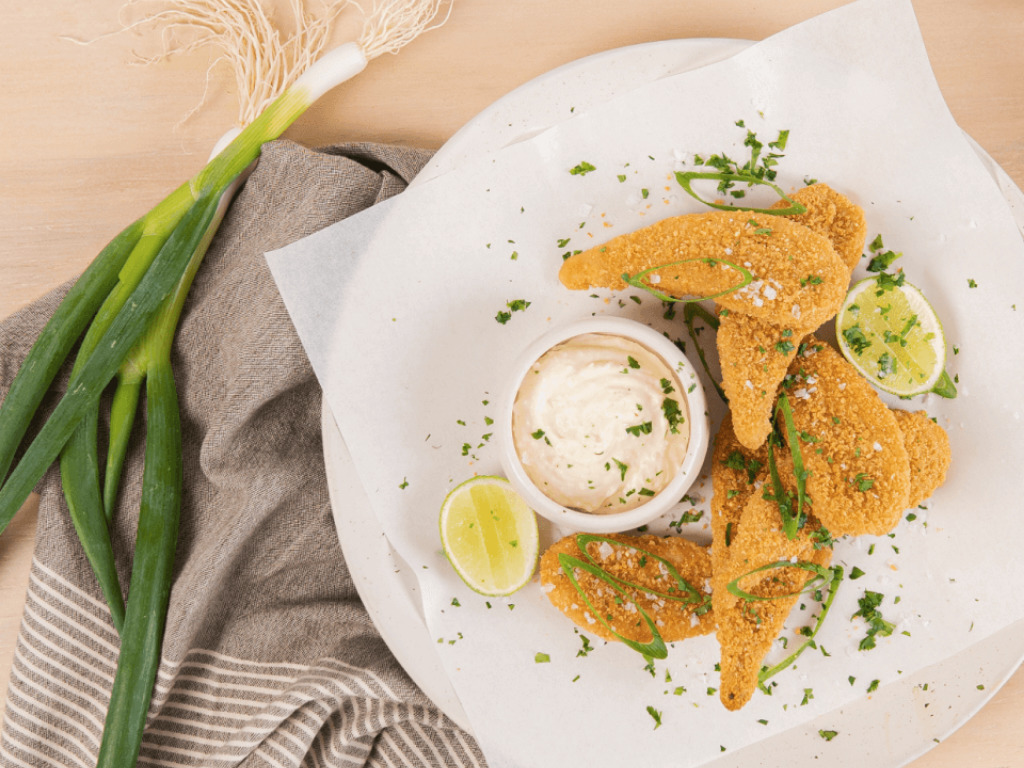4 Mins Read
New Zealand’s Sustainable Foods has confirmed it has raised $2.15 million through a combination of private and public domestic investors. Green Fern Industries, Sustainable’s exclusive hemp grower and supplier, also participated.
Sustainable has cited plans to use its fresh funding to support product development and marketing. A move into new sales channels and markets is slated to be a key priority for 2022, ahead of ambitious revenue growth plans. Sustainable aims to grow its turnover from $1.5 million in the year ending March 2022 to $20.6 million by 2025.

The making of a powerhouse
Sustainable has been clear about its mission to become a recognised force within the global alt-protein sector. Founded in 2019, the food tech first announced plans to make vegan meat from New Zealand hemp in 2020. At the time, the company, through its retail brand The Craft Meat Co, already used hemp in some of its products. The move to a totally hemp-based protein source represented a significant shift for the company.
Brought together under the Plan*t label, Sustainable’s hemp-based line has grown to include burgers, mince, sausages and chicken pieces. By the end of last year, it was hoped that expansion into Australia and Asia would be confirmed. This stalled due to market conditions. Now, wider and more inclusive distribution is being sought. Such expansion was a driving motivation for raising fresh capital.
“We’re really pleased with the outcome of the raise, and also the support of our investors, which has been absolutely fantastic, and our partners and stakeholders in market,” Justin Lemmens, co-founder and chief executive of Sustainable Foods said in a statement.
“With our global population predicted hit 10 billion people by 2050, migrating more of our diet to plant-based sources is one of the biggest impacts we as a global community can have on reducing our GHG footprint,” Co-founder Kyran Rei added. “We believe plant-based nutrition can be as significant to the economy as other food sectors have been.”

Keeping the home fires burning
Despite Covid-19 having a devastating impact on the global hospitality sector, Sustainable stayed buoyant thanks to partnerships with Foodstuffs and Woolworths as main distributors. Relationships with domestic QSR chains further bolstered its position. As a result, Sustainable was able to reveal new partnerships with My Food Bag and new online supermarket Supie, during its fundraising activities.
Doubling down on domestic relationships, the startup is looking to work with more locally-produced crops. Partnering with local suppliers and growers is seen as having the potential to encourage farmers to move towards sustainable protein production. With an existing supply chain in place and increasing consumer demand, a shift away from intensive animal agriculture, which remains prevalent in New Zealand, could provide the necessary economic motivation for change.
The global market
Pivoting to accommodate changing market conditions is cited to have been the key to Sustainable’s ongoing strategy. It seeks to do the same in an international setting. Working with an export consultancy firm, the most promising potential markets have been identified.
“First-stop is likely to be Australia, followed by Singapore, Thailand, Malaysia and the Philippines, probably in late 2022 or early 2023,” Lemmens said in a statement.
By March 2025, it is hoped that exports account for around 40 percent of Sustainable’s total revenue.

New Zealand’s new protein
New Zealand appears to be developing a taste for plant-based meat. Last month, fellow domestic brand Sunfed revealed it was expanding its portfolio. The woman-founded and led startup unveiled a new unprocessed prime diced beef analogue. Focusing on clean-label production, Sunfed remains non-GMO, soy and gluten-free. It is stocked in Countdown, New Zealand’s biggest supermarket chain.
Also last month, it was announced that consumers in New Zealand and Australia would be able to buy Impossible Beef from grocery stores. Previously only available through foodservice partnerships, the move represents a shift in demand for plant-based protein.
All photos by Sustainable Foods.





